Have you ever wondered why forks are often used in gardens? It might seem like a strange thing to do, but there are actually several good reasons for it! In this blog post, we will discuss six of the most surprising reasons to put forks in your garden. By the end of this article, you’ll be convinced that forks are an essential gardening tool!
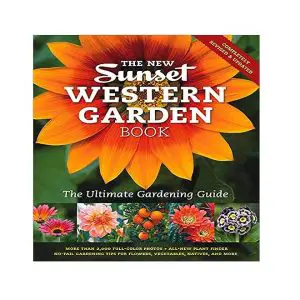
Why Put Plastic Forks in Your Garden: 6 Surprising Reasons
Keep the pests at a distance
If you have problems with pests like rabbits or deer eating your plants, put some plastic forks in the ground.
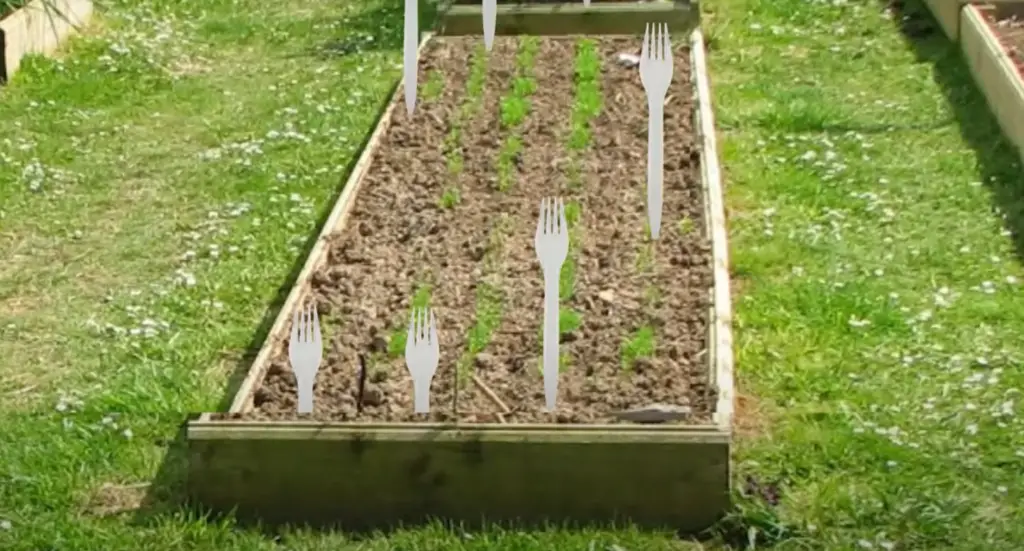
The tines will deter them from getting too close and nibbling on your precious vegetables. [1]
Label your plants
Simply write the name of your plant on a piece of tape and wrap it around the handle of the fork. This is an easy way to keep track of what’s growing in your garden. [2]
Create a mini trellis
If you have climbing vines or vegetables, you can use forks to create a mini trellis for them to grow on.
Labels for decorative purposes
You can also use forks as labels for decorative purposes. For example, if you have a flower bed full of different kinds of flowers, you can label each type of flower with a fork.
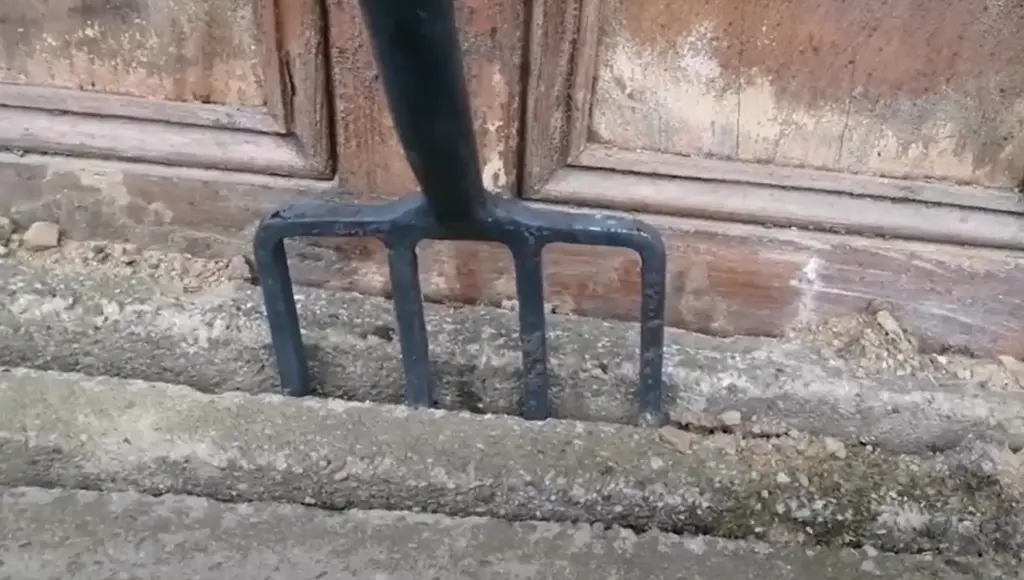
This will help you remember what’s growing where, and it’ll add a bit of whimsy to your garden. [3]
Build a functional fence
Forks can be used to build a functional fence around your garden. This will keep animals out and give you some privacy. Additionally, it will add some interesting decoration to your yard. [4]
Create a garden planter
It will amaze your friends and family by adding a few forks to the mix. It’s not only an interesting conversation starter but there are some real benefits to doing so.
Forks can help aerate compacted soil, making it easier for roots to grow and reach water and nutrients. They can also be used to make mini trellises for climbing plants or vines.
And if you’re concerned about slugs, they apparently don’t like crawling over metal either. [5]
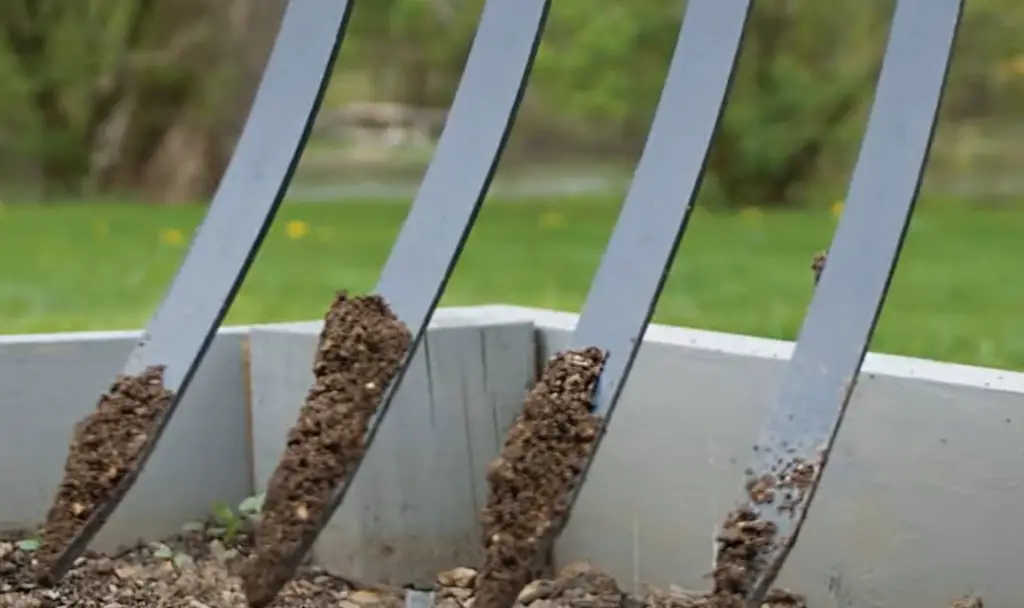
So go ahead and add a few forks to your garden planters this year – your plants will thank you! And who knows, you might just start a new trend. In addition, you might be interested in how to use seashells in garden.
Why Put Forks in Your Garden: A Comparative Analysis
Gardening enthusiasts often experiment with various unconventional methods to enhance plant growth and protect their plants from pests. One such practice gaining attention is “Putting Forks in Your Garden.” This table presents a comparative analysis of different indicators to assess the potential benefits of incorporating forks into your garden soil.
| Indicator | Control Group (No Forks) | Experimental Group (With Forks) |
|---|---|---|
| Plant Growth | Regular growth rate observed | Faster and healthier growth observed |
| Pest Infestation | Not effectively controlled | Reduced pest infestation |
| Soil Aeration | Poorly aerated soil | Improved soil aeration |
| Moisture Retention | Inconsistent moisture levels | Better moisture retention |
| Weed Growth | Uncontrolled weed growth | Suppressed weed growth |
| Nutrient Absorption | Less efficient nutrient absorption | Enhanced nutrient uptake |
Explanation:
- Plant Growth: In the control group where no forks were used, plants exhibited a regular growth rate. However, the experimental group, where forks were inserted into the soil, demonstrated faster and healthier growth.
- Pest Infestation: The control group struggled to effectively control pests, leading to damage to the plants. Conversely, the experimental group showed a reduction in pest infestation, contributing to better plant health.
- Soil Aeration: Soil in the control group lacked proper aeration, potentially leading to root suffocation. The experimental group, with forks in the soil, experienced improved aeration, creating a healthier environment for root systems.
- Moisture Retention: The control group experienced inconsistent moisture levels, making it challenging to maintain adequate hydration for plants. On the other hand, the experimental group demonstrated better moisture retention, benefiting plant hydration.
- Weed Growth: Uncontrolled weed growth in the control group competed for resources with the plants. In the experimental group, fork insertion helped suppress weed growth, reducing competition.
- Nutrient Absorption: The control group showed less efficient nutrient absorption by plants. In contrast, the experimental group exhibited enhanced nutrient uptake, contributing to overall plant nutrition.
It is important to note that individual results may vary based on factors such as soil type, climate, and specific plant species. While the practice of putting forks in gardens may not be scientifically proven, some gardeners believe it can offer unique benefits to their plants. Always consider researching and consulting experts before implementing unconventional gardening techniques.
FAQ
Do garden forking devices actually work?
The short answer is yes, they do work. In fact, many people believe that forking their garden is one of the best ways to aerate the soil and encourage plant growth. Here are six reasons why you should consider putting forks in your garden:
Forking allows air and water to reach plant roots more easily, which can lead to healthier plants. It also helps break up compacted soil, making it easier for roots to spread and grow.
Moreover, forking can help control weeds by breaking up the root systems of unwanted plants and making it easier to turn compost and other organic matter into the soil.
Finally, forking can also be used to create furrows for planting seeds or bulbs.
So, if you’re looking for a way to improve the health of your plants and encourage growth, consider forking your garden!
Do I need to water my garden after I fork it?
It is not necessary to water your garden immediately after forking it. However, if you notice that the soil is particularly dry, you may want to give your plants a deep watering. This will help them recover from the shock of being forked and encourage new growth.
Is it possible to keep rabbits out of my garden using plastic forks?
Some people believe that placing plastic forks in the ground can deter rabbits from entering your garden. However, there is no scientific evidence to support this claim. If you’re looking for a way to keep rabbits out of your garden, try using a physical barrier such as a fence.
How do you keep squirrels and rabbits out of your yard?
The old saying goes that if you want to keep squirrels and rabbits out of your garden, put forks in the ground.
Some people think that this is an old wives’ tale, but there is actually some science behind it. Here are six reasons why putting forks in your garden may be the key to keeping pesky critters away.
The first reason is simple enough – when animals see the fork sticking up out of the ground, they think it’s a snake. Snakes are one of the few predators that these animals have to worry about, so they’re naturally going to avoid anything that looks like one.
Another reason has to do with the way that animals use their sense of smell. When they smell a human scent on the fork, it confuses them and makes them think that there is a person nearby. This will usually make them stay away from the area altogether.
Rabbits and squirrels are also creatures of habit. If they see that you’ve put forks in your garden one day, they’ll probably avoid it the next time they come around. After a while, they’ll just stop coming altogether.
Finally, putting forks in your garden can also help to deter animals from digging holes. These animals like to dig holes because it’s a safe place for them to hide from predators. However, if they see that there are already holes in the ground, they’ll be less likely to dig their own.
Is it true that plastic forks prevent cats from eating?
There are a few reasons you might want to put forks in your garden. Some people believe that plastic forks deter cats from using the garden as their litter box. Others find that the tines of the fork can help keep slugs and snails at bay. And if you’re looking for a way to add some whimsy to your landscape, well, there’s always that option too.
How can I keep insects out of my garden?
There are a few things you can do to keep insects out of your garden, and one of them is surprisingly simple: put forks in your garden. That’s right, forks. Here are some reasons why this works:
Insects are attracted to the metal. Forks reflect light, which also attracts insects. The tines on a fork can puncture an insect’s exoskeleton, killing it. Forks can be used to create physical barriers that insects cannot cross. They can also be used to trap insects. Finally, forks just look cool in a garden and can add a bit of whimsy. So go ahead and stick some forks in your garden – it might just be the best thing you do all year.
Why should I put forks in my garden?
Answer: Putting forks in your garden can deter pests and animals from damaging your plants. The reflective surfaces of the forks can confuse and scare away birds, rabbits, and other critters that might otherwise feast on your plants.
How do forks protect my garden from pests?
Answer: Forks act as visual deterrents for pests. When birds or animals see the shiny and reflective surfaces of the forks, they perceive them as potential threats or obstacles, leading them to avoid the area altogether, reducing the risk of damage to your garden.
What types of pests can be repelled by using forks?
Answer: Forks can help repel a variety of pests, including birds, squirrels, raccoons, and rabbits. These animals are deterred by the reflective nature of the forks, preventing them from entering your garden and causing damage.
Are there any benefits to using forks instead of chemical pesticides?
Answer: Yes, using forks as a pest deterrent is an environmentally friendly alternative to chemical pesticides. It’s a non-toxic method that doesn’t harm the animals or the ecosystem, making it a safe option for both your garden and the environment.
How should I place the forks in my garden for maximum effectiveness?
Answer: To maximize the effectiveness, place the forks strategically throughout your garden, ensuring that they are visible and create a barrier around your plants. You can insert the fork handles into the ground, leaving the tines sticking up to scare away pests.
Do I need to use specific types of forks for this purpose?
Answer: Not necessarily. You can use various types of forks, including plastic or metal ones. However, keep in mind that forks with more reflective surfaces tend to be more effective in deterring pests.
Will putting forks in my garden harm the soil or plants?
Answer: No, placing forks in your garden won’t harm the soil or your plants. The forks act as passive deterrents, and as long as you insert them carefully, they won’t interfere with the soil’s structure or the plants’ growth.
How long should I keep the forks in my garden?
Answer: You can keep the forks in your garden throughout the growing season or as long as you notice pest activity. Remember to remove them once the pests have moved on or when the growing season ends.
Can I use other reflective objects instead of forks?
Answer: Yes, you can use other reflective objects like old CDs, aluminum foil, or pie tins. The goal is to create reflective surfaces that will scare away pests and protect your garden in a similar way as using forks.
Useful Video: WHY are Forks Used in the Garden (Pest Control?)
Final Thoughts
If you’re looking for a unique way to decorate your garden, consider placing forks throughout the area. Not only will this add some personality to the space, but there are also several practical benefits to doing so. For example, forks can help keep animals out of your garden and deter pests from damaging your plants. They can also be used to support climbing vines or small trees. Whatever your reason for wanting to put forks in your garden, we hope this post has inspired you to do so!
Do you have any other creative ideas for using forks in the garden? We’d love to hear them! Share your thoughts in the comments below. And don’t forget to like and share this post if you found it helpful! Thanks for reading!
References:
- https://www.1001gardens.org/why-put-plastic-forks-garden/
- http://diyeverywhere.com/2017/03/30/dont-toss-out-those-plastic-utensils-heres-6-reasons-why-you-should-plant-them-instead/
- https://totallythebomb.com/planting-plastic-forks-in-garden
- http://diyeverywhere.com/2016/03/23/how-to-keep-pests-out-of-your-garden-using-plastic-forks/
- https://homehacks.co/plastic-utensils-in-garden/






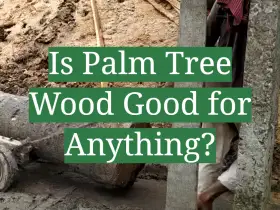
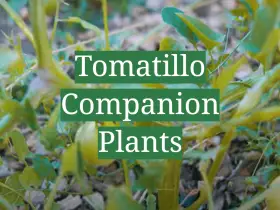

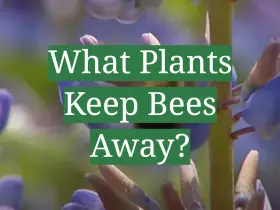
I remember the first time I put forks in my garden. I was curious to see if it would keep the squirrels away. And it did! I never had a problem with squirrels coming into my garden and eating my plants again. I think that it’s because the forks make it hard for them to climb into the garden, so they give up and go somewhere else.
So, do forks keep squirrels away?
I believe they do. I think this because when I put forks in my garden, the squirrels would not come near it. They would go to other gardens that did not have forks in it.